African scientists are using gene editing to improve major staple crops for increased productivity, enhanced nutrition and climate resilience.
Among them are John Odipo, a scientist at Uganda’s National Crops Resources Rsearch Institute (NaCRRI), who is using gene editing to develop cassava that can help resist pests and diseases affecting the plant.
Cassava feeds more than 80 million people in the world and more than 50 percent of that crop is produced in Africa, Odipio said.
“My first research using gene editing was to understand why some of the cassava varieties would not flower at the same time as others,” he said in a recent Alliance for Science Live webinar. “I developed a proof that gene editing can be used to effectively rewrite or modify genes of cassava in two varieties. I transferred the acquired knowledge to address real breeding challenges, like why some cassava varieties flower early and frequently and others do not. After returning to Uganda from the USA, I am now in the process of transferring this knowledge to address challenges affecting other crops, including developing virus resistance in cassava, rice and maize.”
Odipio said that gene editing allows him to “make exact and predetermined changes within the genome within a shorter duration and get results that are similar to those achieved using conventional approaches. With gene editing, new, more tasty, nutritious varieties resistant to changing climatic conditions, pests and diseases can be created within shorter periods to feed the growing industries and human population in Africa. To achieve these, increased partnerships, funding opportunities, capacity building and science-based regulation are essential.”
James Karanja, a senior research scientist at the Kenya Agricultural and Livestock Research Organization (KALRO) in Nairobi, noted that it’s important for the public to understand that gene editing is a science with potential to feed the future.
“Agriculture drives the economy of Kenya and maize is a staple crop in the country,” he said. “Due to climate change, we observed a disease infestation called maize lethal necrosis (MLN) that came as a marriage between two viruses. This disease caused a severe loss of maize in Kenya, leading to a great deficit and increased demand for maize. When there is no maize, there is no food.”
In a bid to control this infestation, Karanja and other Kenyan scientists searched for solutions and found that there was no existing disease-resistant variety on the market or in Kenya’s national gene bank. Since conventional breeding can take seven to eight years, they chose to use gene editing technology as a quicker tool to improve resistance to MLN in maize.
“This is not to give a new product but to improve the products farmers already have in existence,” Karanja explained. “That is the good and powerful thing about this technology.”
Karanja hopes to potentially increase maize availability in East Africa by introducing resistance against MLN directly into parent inbred lines of popular commercial maize varieties that are currently susceptible to the disease and reintroducing them into the farmers’ fields.
As a young scientist, Rose-Harriet Okech shared her perspective on how gene editing will benefit upcoming scientists. As a graduate fellow at the International Institute of Tropical Agriculture (IITA), Okech works to improve flowering in tropical crops through a project led by Flair Fellow Dr. Samwel Muiruri Kariuki and funded by the Royal Society and the African Academy of Sciences.
“I am Africa and Africa is me,” she said. “I am currently working on an African tropical crop and the fact that my work will generally impact the African community is inspiration enough. My grandmother back in the village being able to enjoy the products of my research makes me willing to go to the lab every day.”
Gene editing can be used to advance crop research, Okech said. “Since crop pathogens are evolving at a faster rate than how our crops are improving through conventional breeding, it becomes a challenge to stick to the conventional way of breeding,” she said. “With the rapidly changing climate, gene editing has become an indispensable tool in addressing agricultural challenges because of the specificity in how it solves the problem.”
Webinar moderator Andrew Kiggundu, project manager of the Virus Resistant Cassava for Africa (VIRCA) project at the Donald Danforth Plant Science Center, said that in order to improve Africa’s food systems, gene editing research should be promoted within the public sector.
The panelists agreed that favorable biosafety regulatory policies are very useful for farmers, scientists and consumers to provide proper channels to deliver the gene editing technologies. While some African countries, like Kenya and Nigeria, are already making favorable policies, they called upon the policy makers in other countries to act as good examples to put in place policies that allow for commercialization of these products.
With gene editing, there are great opportunities to improve the quality of African staple crops, they said. Supportive policies will ensure that their work is not left on the shelves, but gets into the hands of the farmers and consumers who benefit the most.


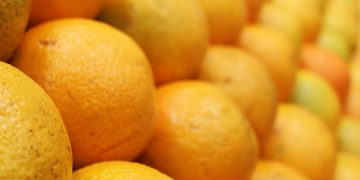
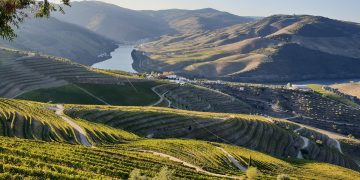

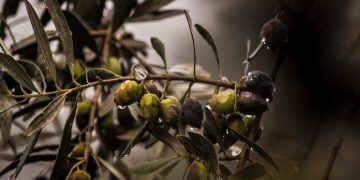

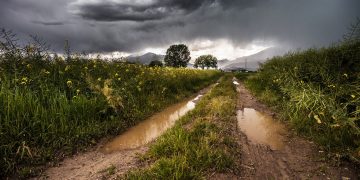
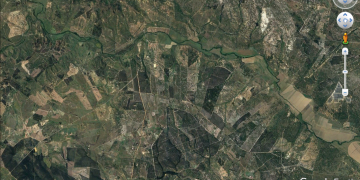









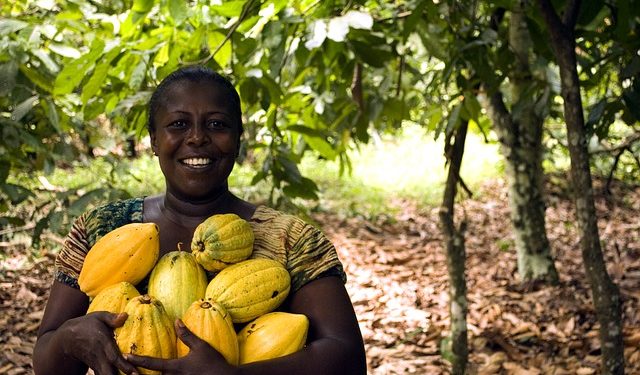
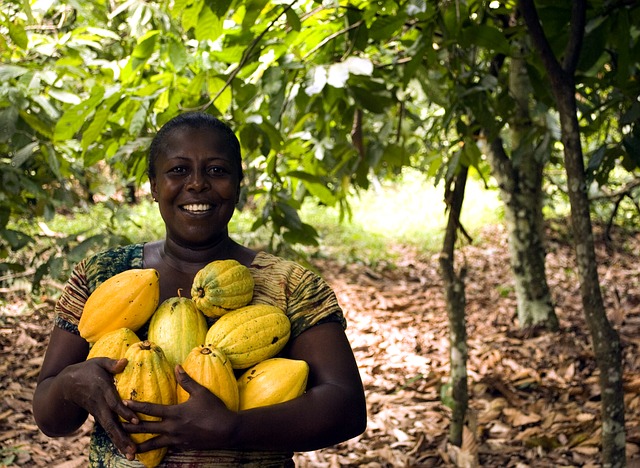

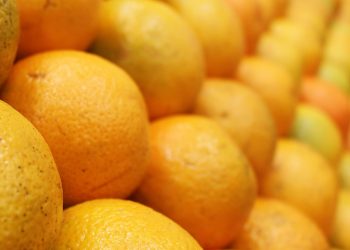
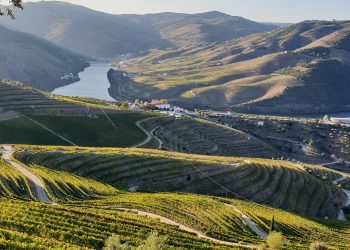




























Discussão sobre este post